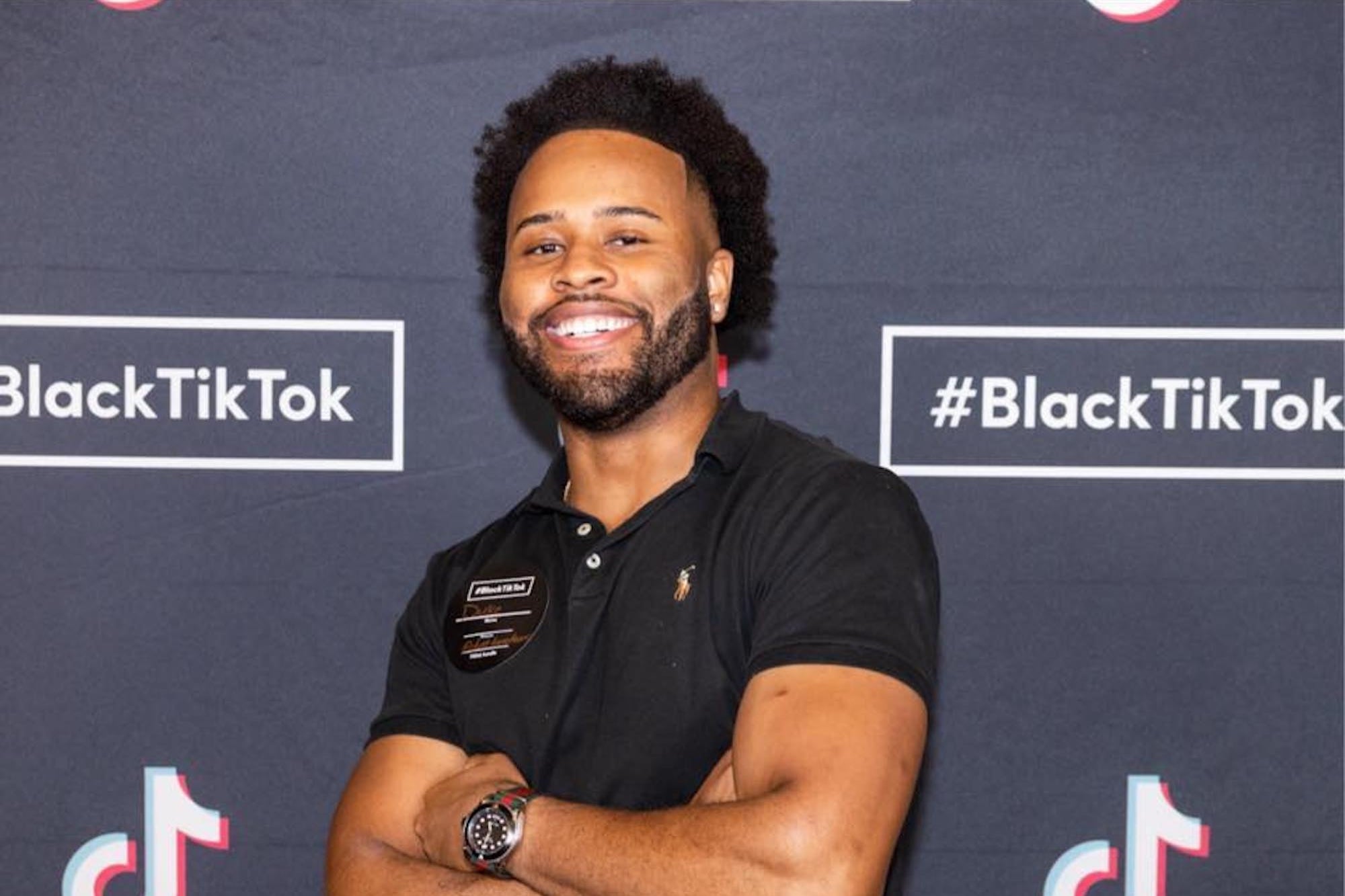Optimizely, a San Francisco-based startup that popularized the concept of A/B testing, has laid off 15% of its staff, the company confirmed in a statement to TechCrunch. The layoff impacts around 60 people, and those laid off were given varied levels of severance. Each employee was given six months of COBRA and was allowed to keep their laptops.
“As with so many other businesses globally, Optimizely has been impacted by COVID-19. Today, we have had to make a heartbreaking decision to reduce the size of our workforce,” Erin Flynn, chief people office, wrote in a statement to TechCrunch, adding that “today’s difficult decision sets up our business for continued success.”
The startup was founded in 2009 by Dan Siroker and Pete Koomen on the idea that it helps to have customers experience different versions of the website, also known as A/B testing, to see what iteration sticks best. A year after founding, the startup went through Y Combinator and in 2013 it signed a lease for a 56,000-square-foot office in San Francisco.
Optimizely last raised $50 million in Series D financing from Goldman Sachs, bringing its total venture capital secured to date to $200 million. Other investors include Index Ventures, Andreessen Horowitz and GV.
In June, Optimizely said it handles more than 6 billion events a day. Customers include Visa, BBC, IBM, The Wall Street Journal, Gap, StubHub and Metromile.
Optimizely was not listed as applying for a PPP loan, a program created by the government to help businesses avoid laying off staff. The loans were met with controversy in Silicon Valley, as some thought venture-backed businesses should turn to investors, instead of the government, for extra capital.
Optimizely’s layoffs are somewhat surprising, given recent earnings reports that show that enterprise SaaS companies have broadly benefited from the coronavirus pandemic. In an online work world, infrastructure and software services become more vital by the day. Box, for example, helps people manage content in the cloud and it beat expectations on adjusted profit and revenue. So why is Optimizely struggling?
There are a ton of reasons for layoffs beyond what the market thinks about a business. Optimzely’s customers are a mix of heavy-hitters in enterprise, but also include businesses that have struggled during this pandemic, including StubHub and Metromile — both of which had layoffs.
While the pace of layoffs is slowing down, cuts themselves aren’t disappearing. As the stocks show us, it’s a volatile time and businesses are looking for ways to stay financially safe.










